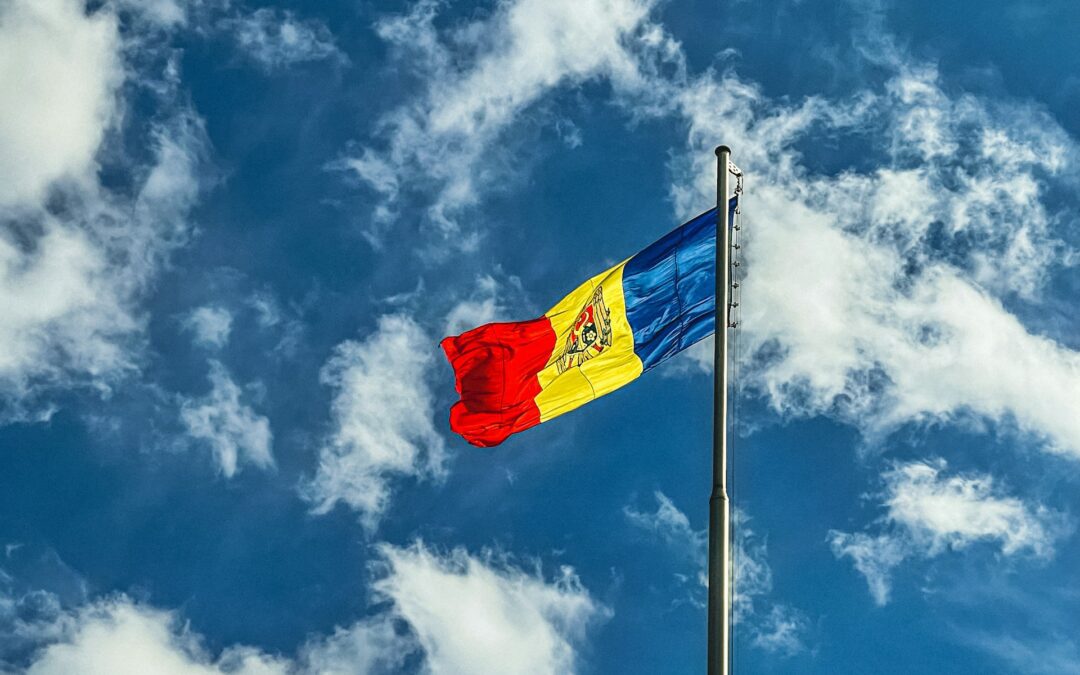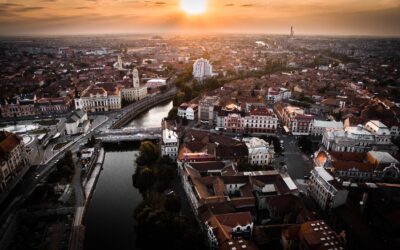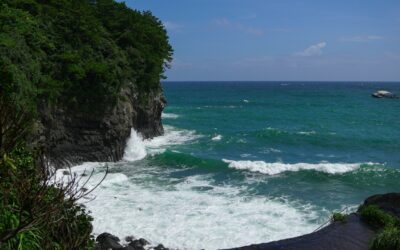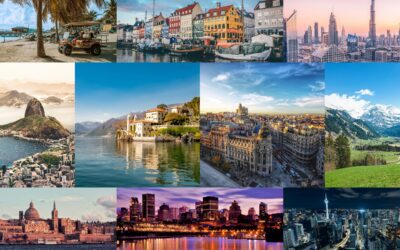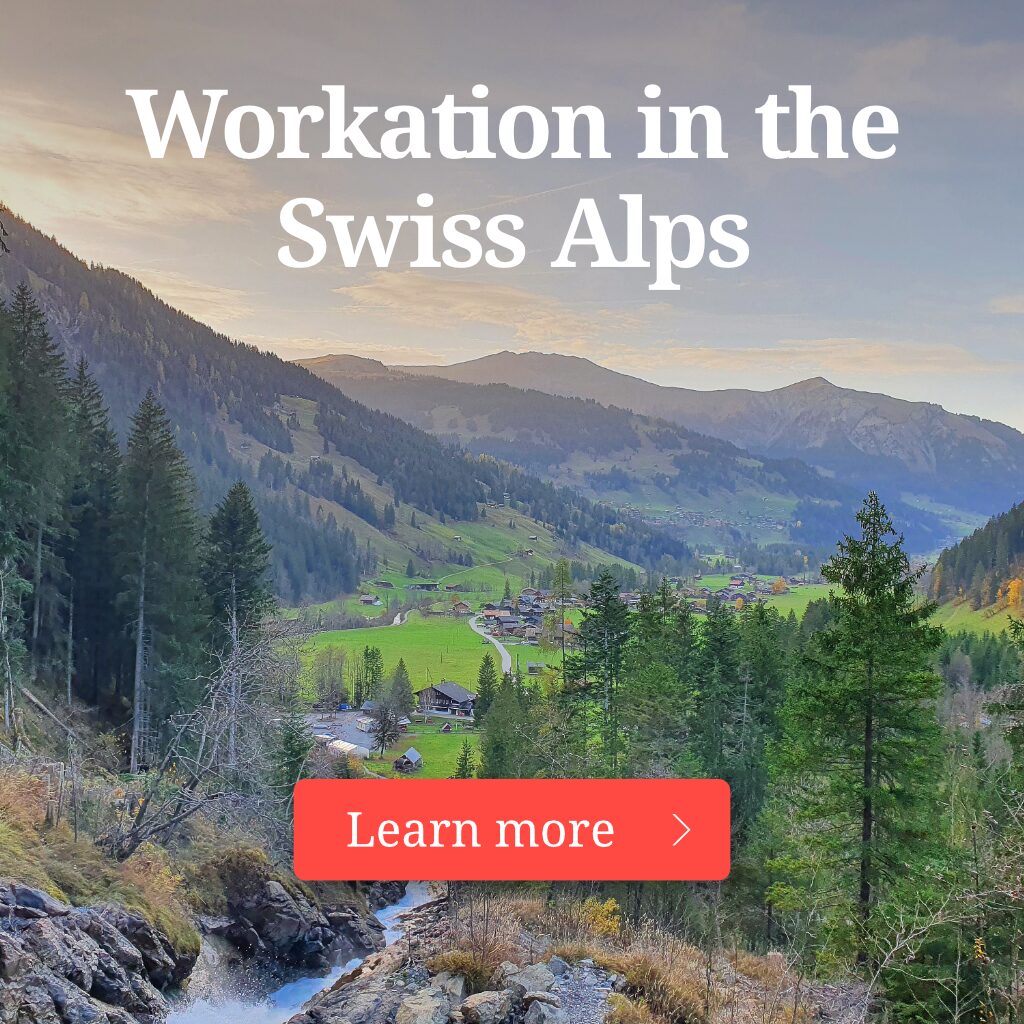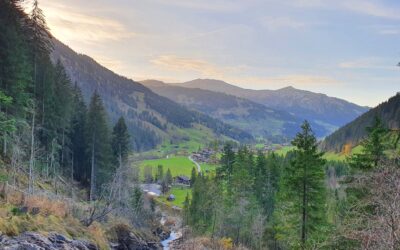|
|
Moldova has just become the latest nation to launch a digital nomad visa, designed to attract well-off remote workers to spend in the local economy and stimulate innovation. Moldova stands out as one of the most affordable destinations in Europe, with its own fascinating history and culture, and a gateway to many other European nations. Read on for what we know about the digital nomad visa and living in Moldova as a digital nomad.
The Moldova Digital Nomad Visa
A press release has announced the new visa, but details have not yet been published on their official immigration website. Nevertheless, we still have quite a few details.
The visa will be granted for one year in the first instance, with the possibility of extending for another year. It is open to remote workers – employees, freelancers, or entrepreneurs – as long as their income comes from a source outside Moldova. The visa does not allow you to work in the Moldovan market. It is unclear if and how family members can be included in the visa.
The minimum income requirement is set at three times the average local salary, which sets the minimum to qualify at around Euro 2,000-2,750. You should not have to pay income tax, as only income derived from Moldova is taxed.
Applications can be made in person or online with an estimated cost of Euro 40-80. You will need a valid passport, proof of financial viability, medical insurance for a year, and evidence of a clean criminal record.
If your visa is granted, you must apply for a residence permit within 30 days of arrival at the Public Services Agency, for which you will also need proof of address in Moldova.
Cost of Living in Moldova
Moldova’s capital, Chișinău, is often called the most affordable capital in Europe. A single person can live comfortably for around US$1,000 per month.
A nice one-bedroom place in the city center will cost around US$400 a month. You can get a more modest place for less than US$200 a month. Utilities are also highly affordable, and a good internet package might cost around US$10 per month.
While the cost of living can be very challenging for locals due to low wages, it is highly affordable by international standards. You can expect a nice lunch out to cost between US$5-10, and a meal for two in a mid-range restaurant to be less than $40, and drinks are less than US$2. When it comes to groceries, a dozen eggs cost about US$2.
Public transport is available and cheap, and while there is no Uber, there are taxi apps like Yandex Go, Hip, Letz, and Teleport, but you need to agree on the price before setting off.
Benefits of Living in Moldova as a Digital Nomad
Moldova has a variety of attractive features for digital nomads.
Affordability – As already said, Chișinău is often called the most affordable capital city in Europe, and it is possible to live well for around US$1,000 per month, which is great for anyone hoping to save money.
Location – Moldova is located in Eastern Europe between Ukraine and Romania (which also has a digital nomad visa). It is well-connected for traveling to neighboring countries, including Slovakia and Hungary, and while Moldova is landlocked, you have easy access to Black Sea countries, including Bulgaria, Georgia, and Turkey.
Landscape – Moldova offers an interesting mix of Soviet-era relics and modern European innovation. The country has a population of three million, around 800,000 of whom live in the bustling capital, which is surrounded by serve rural areas where you can expect to see cars and horse carts coexist on the road. The climate is moderate, much like the south of England.
Food Quality – The food quality is very good in Moldova, with fresh ingredients and a thriving wine industry. Their cuisine resembles Balka, Slavic, Turkish, and Russian cuisine, so expect hearty stews and sweet baked goods.
Culture – The people embrace a culture of hospitality. While their communication can sometimes seem harsh, without the niceties of some places, they will happily invite you to their home and treat you as an honored guest. Local markets are a great place to meet people and discover the culture. Overall, just enjoy a slower pace of life.
Connectivity – Moldova has great connectivity with 90% gigabit fiber coverage, offering fast speeds at low prices. Average broadband download speeds are around 120 Mbps. 4G coverall is near universal, and 5G rollout began in 2019.
Healthcare – While the public healthcare system is not good, if you can afford to pay for private healthcare, it can be a good place to have tests done that are expensive in other parts of the world.
Tech-Friendly – Following a major “brain drain” following the fall of the Soviet Union, the government has been investing in technology startup infrastructure, supporting a tech-friendly business environment.
Top places to visit:
- Cricova Winery – an underground winery with vast cellars of Moldovan wines rarely seen outside the country
- Tipova Monastery – a monastery on the Dniester River, dug out of the rock, close to hiking paths and a nice waterfall
- Orheiul Vechi – an archaeological complex with remains dating back to the 14th century BCE, including evidence of the Mongol invasion and Dacian tribes
- Saharna – the small village has a spiritual site reported to preserve the footprints of the Virgin Mary and 22 serene waterfalls to discover
- Manastirea Curchi – an elaborate monastery turned psychiatric hospital in the Soviet era
Challenges of Living in Moldova as a Digital Nomad
Of course, there are also challenges associated with living in Moldova that digital nomads should be aware of before considering a move.
Limiting Remote Community – If you are looking for plentiful coworking spaces and like-minded individuals, these are not yet well-established in Moldova. The visa is likely to stimulate the community to grow, but it’s not there yet.
Language Barrier – Moldovans speak a type of Romanian, though Russian is also spoken by about 10% of the population. Romanian is a Romance language, so it will be relatively easy for English speakers to learn, but while there are certainly English speakers in Chișinău, don’t expect to find many beyond the capital.
Poverty – While you may be able to afford to live well in Moldova, almost 20% of people in rural areas live in poverty, and about 5% in urban areas. It can be challenging to see the inequality and contribute to it as a wealthy visitor.
Low Convenience – While you can get access to great local wine and farm-to-table meals, if you want anything imported, expect it to be hard to find and expensive if you do.
Politics – Moldova is not a member of the EU, though it has been in negotiations to join alongside Ukraine. It is on the frontier of the Ukraine conflict, sharing a border and being another former Soviet nation.
Will You Be Heading to Moldova?
Now that Moldova is opening its borders to digital nomads, will you be adding it to your destination list? Moldova offers a slower and simpler lifestyle, while having the connectivity necessary for digital nomads to get what they need done. It can be a bit of a culture shock, especially for Americans who aren’t familiar with European culture, but it is well worth the investment to discover.

